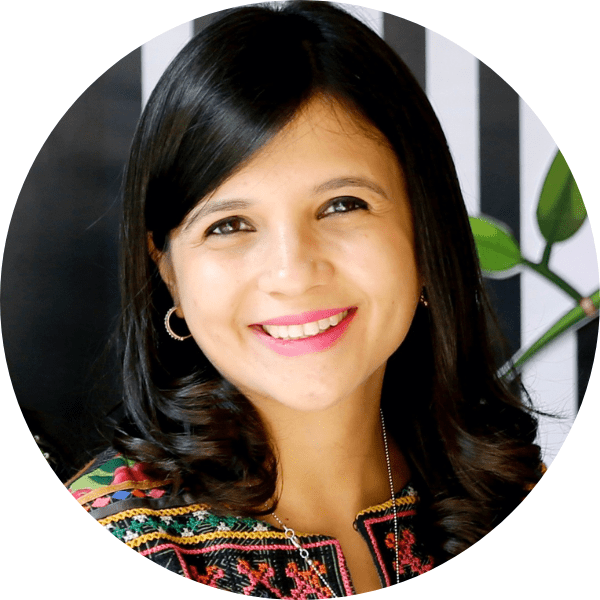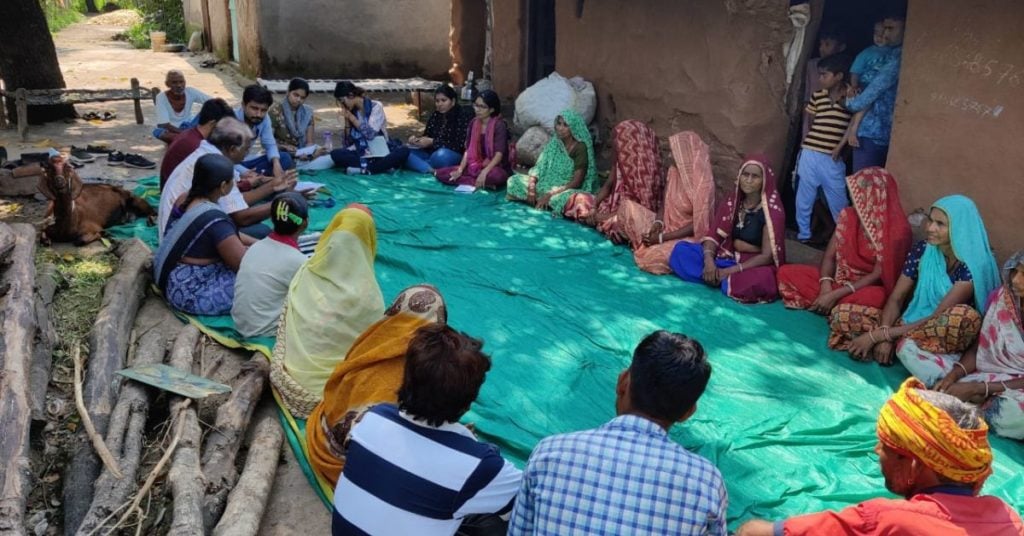4 min read
Philanthropy in Asia is maturing from a culture where giving has been historically grounded in religious and political beliefs towards a more systemic and responsive approach. Consistent efforts by civil society, the private sector and citizens along with increased government recognition towards inequities through appropriate policies have been making visible developmental and social changes. However, the fact remains that the progress is uneven with evidences of varying degrees of development in different regions, different societies and communities.
According to the Asia Pacific SDG Progress Report 2022, the inequalities and vulnerabilities are widening across different populations, especially after the pandemic. The progress has slowed to a great degree, and we are way behind our roadmap to achieve the SDG Targets. With the current change rate, we won’t be able to accomplish any of the 17 SDGs. Therefore, to keep up, we must double our efforts to implement the Sustainable Development Goals by 2030, focusing on the most vulnerable group who have been left furthest behind. Vulnerable groups such as girls, women, migrant workers, people with disabilities, and tribal communities which have been historically disadvantaged with regards to basic human needs have been the hardest hit with millions been pushed back into poverty. Several studies indicate that the non-profits supporting these communities at the frontlines are struggling to stay afloat.
Given such a deep widening of social inequalities in the region, there is an urgent need for philanthropy to step up and to consciously approach giving in ways that enable social justice and equality for the most marginalised population groups. Philanthropy whether individual, family or corporate needs to challenge the traditional mindsets and develop more outcome-driven innovative approaches that have the potential to bring about transformational change.
We are increasingly seeing a new generation of engaged philanthropists and newer forms of philanthropy emerging across the region. This new generation of philanthropists have a greater ability to innovate, to build long term partnerships, to provide risk capital through new finance mechanisms to underserved population groups and causes. Philanthropy in many countries is also gradually becoming more open to diversifying grant-making portfolios, diversity of boards, inclusive decision- making processes, supporting leadership development in grassroot organisations, fostering greater collaboration between government and private philanthropy. However, this is more common in developed economies that are moving faster towards cultures of strategic and institutional philanthropy as compared to the less developed economies where traditional approaches to giving are still predominant.
For the longest time, philanthropy in India has primarily centred around charitable giving, institution-building support, enabling delivery services for essentials and creating livelihood opportunities, particularly in the areas of health and education for the poor in rural areas. The accelerated growth rate of private sector funding and diversification in philanthropic approaches and practices has the potential to play a critical role in driving systemic impact for social change in the region. However, philanthropy needs to shift at a faster pace from traditional charitable giving approaches to addressing social justice.
The following steps can enable the philanthropic sector to make further positive contributions to the transformational changes urgently required in India:
- Increasing investments in underserved causes like human rights, gender equality, disability, and environmental issues which often get left behind in attracting funding and focus. With the rapid rise in domestic philanthropy from individuals and corporates, it becomes more critical to ensure that philanthropic funds are used meaningfully and effectively in areas of maximum need.
- A bolder vision of philanthropy must be constructed for social justice and equality to influence long-term, sustainable change. Philanthropy, especially family philanthropy, has the capability and capacity to innovate, to strengthen institutions, create an ecosystem of knowledge creation, and influence the public narrative and policy change needed for addressing the structural causes of inequality in India.
- To solve complex social issues with an outcome-oriented approach, philanthropists, philanthropic and civil society networks, and platforms must work together to ensure structural and sustainable change. A systems thinking approach that considers all the stakeholders, identifies multiple action areas, coordinates them towards a specific goal, and creates sustainable change is vital.
- Philanthropy should embrace unconventional ways to understand and engage with communities and support inclusive/participatory models of philanthropy for social change. A conscious focus on the empowerment of the most marginalised by actively listening to them, taking feedback, including them in decision-making will make social change sustainable.
- Long term-support and unrestricted funding that helps in professionalising organisations working on the field is needed to have an exponential impact from philanthropic capital. Investments in capacity building and organisational development are essential for the organisations closest to the communities in need to thrive and do their work well.
As we try to collectively achieve the SDGs, we must all leverage the opportunity to support different funder groups across CSR, family philanthropy and retail giving. While what we discussed so far might seem challenging, for now, focusing on the most critical and underserved areas will enable philanthropy to break out of its self-imposed limits. We all share a collective yet distinct responsibility to play our respective roles to support India achieve its development goals. With a deliberate and sustained focus on embedding social justice and equality in giving, transformational change is possible.


















